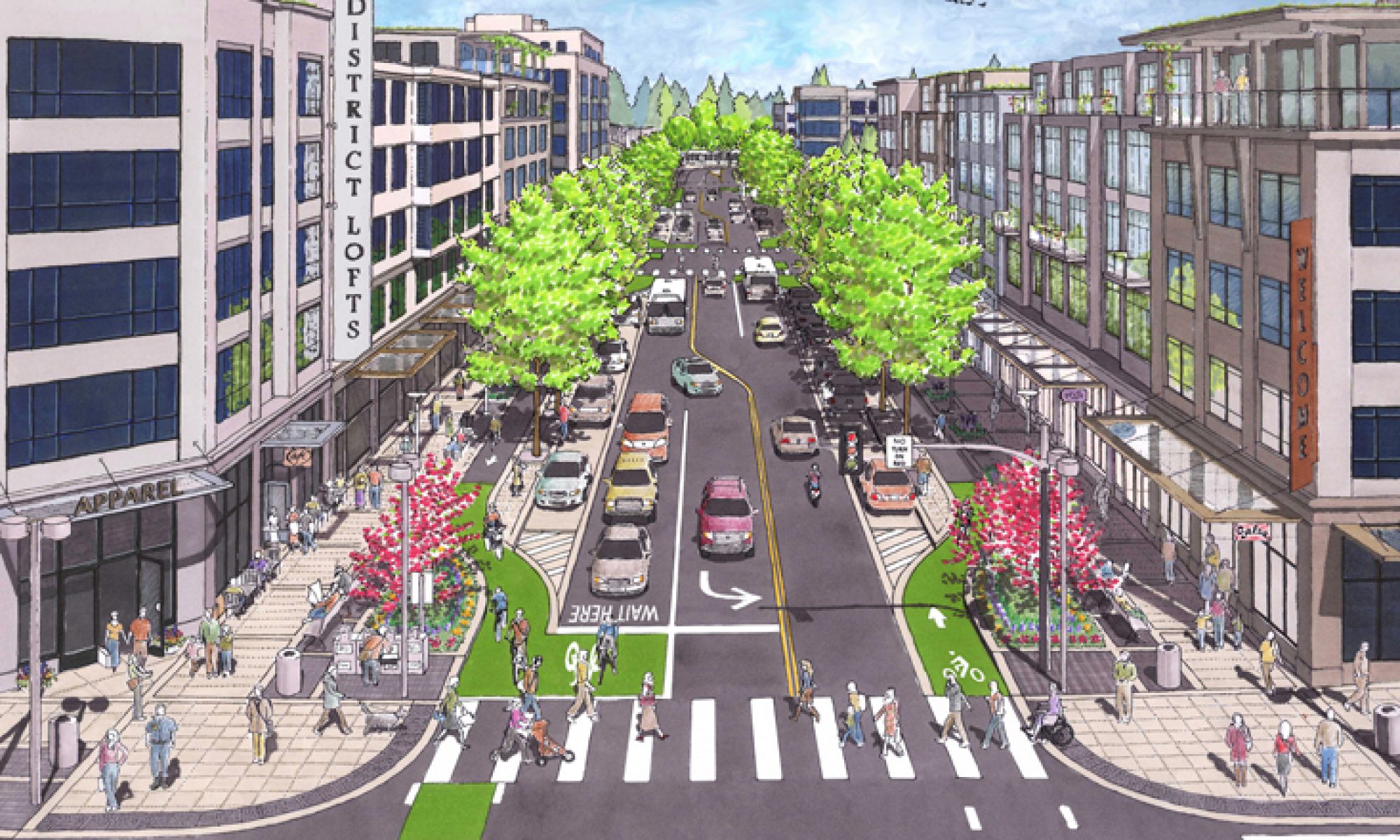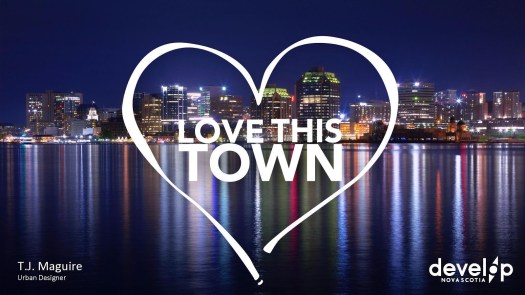Asbury Park Complete Streets Coalition Annual Meeting and The State of the Organization
Raising funds for the Bike Light Campaign to Light Up Bikes in Asbury Park
Annual Meeting and Bike Light Campaign Fundraiser at Little Buddy Hideaway, Saturday, March 30th 6-8pm
Get tickets in advance here, or buy at the door (limited to 75).
Music by Stringbean Blues, door prizes (2 bikes!), screening of Bike Riddim, the award winning documentary, and updates on what’s happening in city infrastructure for biking and walking.
This event will help to raise funds for bike lights for people who need them. We hope to engage APPD to help distribute and install the lights, and we’d like to provide lights to restaurants to help hospitality staff to be lit up when they ride at night.
Buy tickets


Annual Meeting and Bike Light Campaign
Asbury Park Complete Streets Coalition
How Far Have We Come?
February 2019
Thank you for your continued support as APCSC endeavors to make the streets of our city safer for all users, especially the most vulnerable. If we design our streets for children and for the elderly they will be safe for everyone, including for drivers. As advocates for safe and accessible streets for all users, we want to be a one-point contact for all things regarding street safety. Our mission evolved to advocate for City streets that are safe for all road users. Speed endangers our most vulnerable citizens – Crashes cause pedestrian, bicyclist, and driver deaths.
APCSC is entering the 4th year of our existence. We were originally founded to address bicycle regulations on the boardwalk. While that issue remains one of our goals, the successful completion of other initiatives are many.
When the Route 71/Main Street road improvement plan was announced, APCSC advocated and educated for the proven safety benefits of a lane configuration. Many Main Street businesses signed on in support. Success in achieving this goal was recognized at the State level and by the NJ Bike and Walk Coalition, with whom we have an affiliation.
Leading the City’s street safety efforts today is the City’s Transportation Manager, Michael Manzella. Mike has shown his expertise and dedication to biking and walking planning from conception to implementation. Mike has proven to be our “road warrior,” working with Asbury Park Complete Streets Coalition on transportation and mobility concerns for Asbury Park: A Bike Share Program; An increasing number of bike lanes; a checklist for a “Complete Streets Policy”; The “Asbury Park Plan for Walking and Biking”; spearheading the implementation of an electric car share, approval of the NJDOT reconfiguration of Main Street and Road Diet; improved crosswalks and markings, and a bicycle registration program by the AP Police Department.
We continue to advocate for:
Requiring new construction and road paving to include accommodation for bicycles
Installation of more bike racks throughout the city
Engaging with APPD in support of people riding bikes, and installing bike lights
Continuing bike light giveaway project
Reducing parking spaces to provide for safe corners and bike parking
Rewriting boardwalk bike ordinance
Making recommendations for city ordinance re: riding on sidewalks
Continuing crosswalk improvements
Encouraging regular Community Bike Rides
New initiatives are:
Installation of Leading Pedestrian Intervals and Leading Bicycle Intervals at intersections
Installation of protected bike lanes
Building a bike depot at the transit center
Promote alternative “traffic calming” strategies
Encourage walking and jogging paths around Sunset Lake
Encourage alternate means of transportation – not cars
Enforcement of speeding, double parking, and blocking bike lanes
Designation of loading zones
Develop off-site parking for delivery trucks and mandate smaller truck delivery
Develop an anti-bike theft program
Developing off-site parking and “Last Mile” transportation options from the transit center to destinations in the city
Thank you for your continued support, as APCSC endeavors to be your one-point beacon for all things regarding equitable mobility and street safety.
Look for us and follow on social media. Twitter: @Asburyparkcsc; subscribe to our website: www.apcompletestreets.org; Facebook page: @asburyparkcompletestreetscoalition.
Upcoming:
Annual Meeting and Fund Raiser: LIttle Buddy Hideaway, Saturday, March 30th 6-8pm See more and buy tickets!
“ASBURY PARK ALIVE!” on May 4th from 1-5pm:The ultimate open streets, car-free festival. Cover letter for Asbury Park Alive
State of The Organization Letter-3_8_19


























